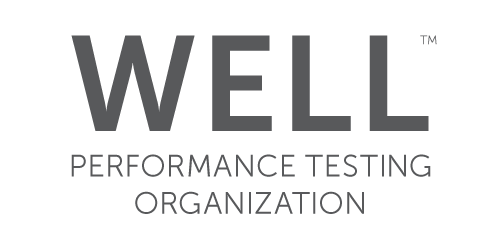
16th
Strata Schemes: Managing the Risk of Asbestos
Strata committees and managers play a vital role in ensuring the safety and compliance of properties they oversee. One essential responsibility is managing the risk posed by asbestos in building constructed before 1st January 2004, a critical component of maintaining a healthy living environment. In this article, we'll explore the requirements for asbestos registers and asbestos management plans in strata properties.
Legal requirement: is a strata scheme a workplace?
Regulation of workplace health and safety (WHS), and guidelines for managing asbestos compel the inspection of older buildings to identify and monitor asbestos containing materials. There are limited carveouts for residential premises but these don’t necessarily apply to the common property of a strata residential block, and many strata committees and strata management firms take the view that common property of a strata is indeed a workplace for contractors (cleaners, maintenance, trades) and as a consequence WHS management is required. A commercial strata scheme is certainly a workplace in its entirety.
Asbestos Management Plan and Asbestos Register
An asbestos management plan documents the identification, management, and eventual removal of asbestos. An asbestos register is part of that plan, though usually a physically separate document, that lists all known or presumed asbestos-containing materials (ACMs) within a property.
Steps to manage Asbestos
- Initial Asbestos Audit: Strata managers arrange an initial asbestos audit for the properties they oversee. This audit, conducted by a licensed professional, identifies any asbestos-containing materials within the building. This information forms the foundation of the asbestos register.
- Keeping the Register Updated: The register must be kept current and reviewed in due course every 5 years. If changes occur in the meantime, they need to be documented and the register amended promptly. Or if certain materials are in poor condition or pose a higher risk then a shorter inspection interval (e.g. every 12 months) is applied.
- Access to the Register: Strata managers are obligated to provide access to the asbestos register to all occupants and relevant contractors working on the property. Transparency is essential to ensure everyone's safety.
- Safety Measures: When planning maintenance or renovation work, strata managers should consult the asbestos register to determine if any ACMs are present. If so, appropriate safety measures must be put in place to prevent exposure.
- Notification: If asbestos-containing materials are discovered during routine inspections or maintenance, strata managers must follow the asbestos management plan which will include procedures for containment or removal, and if required notifying occupants and/or authorities. .
- Removal: Stata committees should plan and budget to remove all asbestos containing materials over the long term. The asbestos register will assist to prioritise removal of the riskiest materials first.
Why is Compliance Crucial?
Ensuring compliance with these legal obligations is not just about adhering to the law; it's about safeguarding the health and well-being of everyone in the strata property. Asbestos exposure can lead to severe health issues, including lung cancer and mesothelioma. Failing to manage asbestos properly can result in legal consequences, putting both strata managers and property owners at risk.
In Summary
In the realm of property management, strata committees and managers shoulder a pivotal role in ensuring safety and compliance, particularly concerning asbestos in older buildings. While residential premises enjoy limited exemptions, common areas within strata residential blocks are often classified as workplaces. Consequently, asbestos management, including the creation of an Asbestos Management Plan and Register, is imperative.
Strata managers should conduct initial asbestos audits, maintain up-to-date registers, ensure transparency and safety measures, and plan for asbestos removal. This is all vital for safeguarding occupants' health and mitigating legal risks associated with asbestos exposure.
Learn more about how QED can help your strata company manage the risks associated with asbestos and the appropriate registers, or contact us.
Categories
Recent Posts
Changes to the workplace exposure standard for welding fumes
15th Mar
On January 18, 2024, SafeWork Australia made a significant adjustment to the Workplace Exposure Standard (WES) for Welding Fume (not otherwi...
Pseudomonas aeruginosa and the Water Quality Management Plan - it's not just about Legionella.
23rd Feb
Pseudomonas aeruginosa could be responsible for a high burden of disease, and should always be included in a risk management plan....
Navigating the New Norm: Prioritising Indoor Air Quality for Events and Venues
06th Feb
Throughout 2023 there was a surge in venue managers looking to help clients feel at ease in regards to indoor air quality....

















